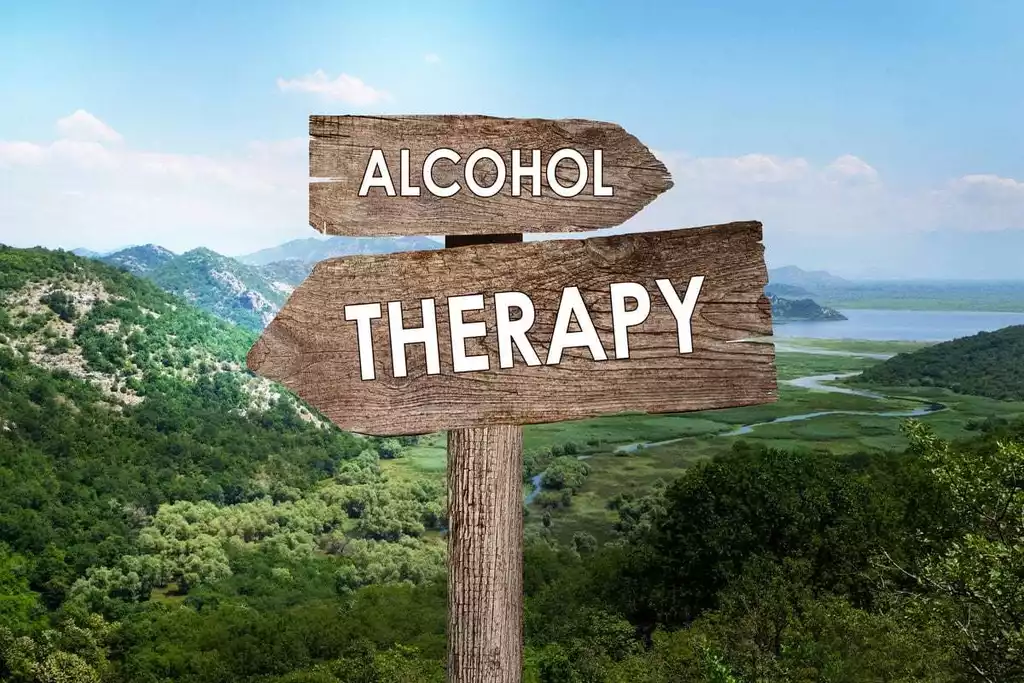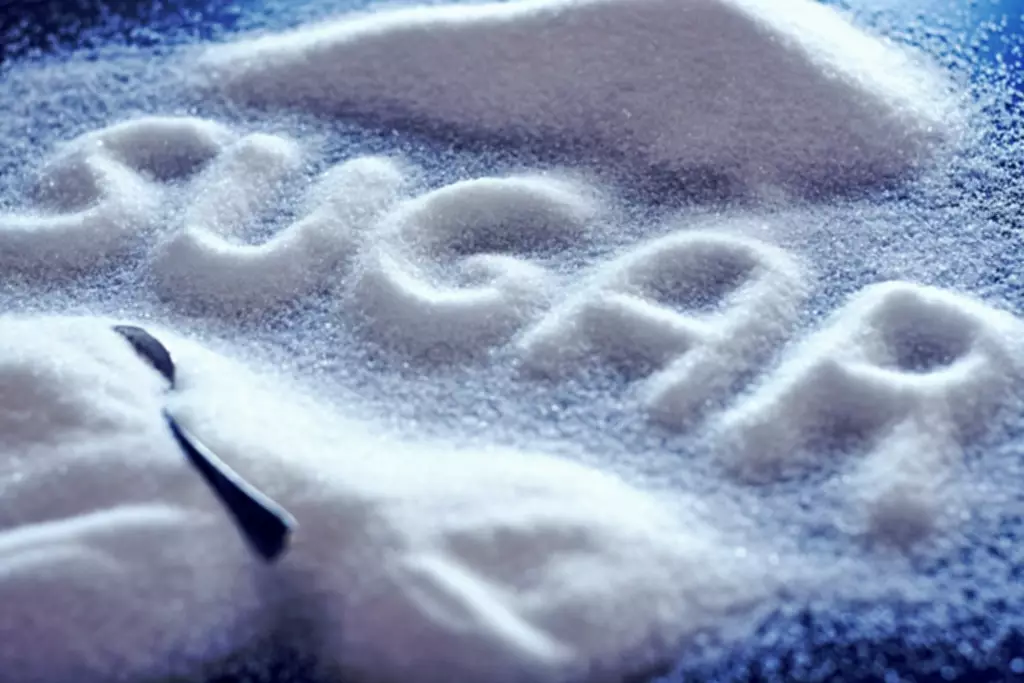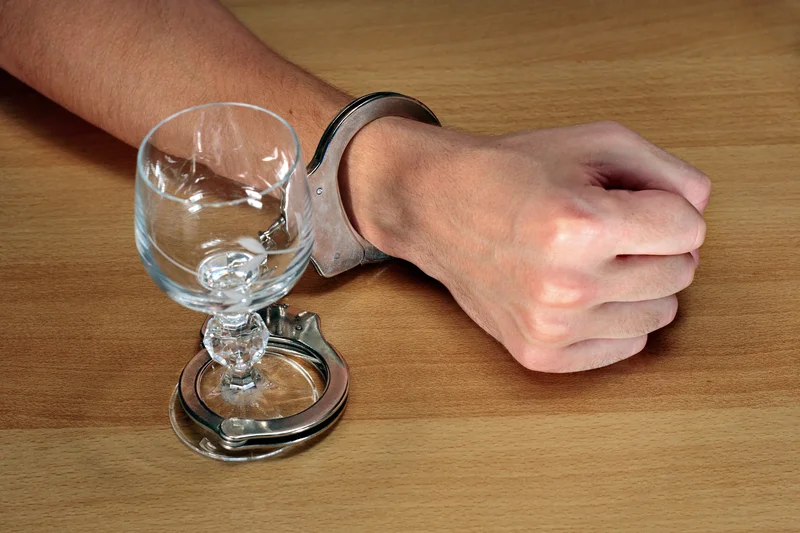Stay in touch with your therapist or support group, and don’t hesitate to reach out for help when needed. Remember that setbacks are a normal part of the journey, and what matters most is how you respond to them and continue moving forward. As you rebuild relationships, it’s crucial to surround yourself with positive influences. This may mean distancing yourself from certain individuals or social circles that enable or encourage alcohol use. Instead, seek out friends and acquaintances who support your sobriety and share your values. Engaging with like-minded individuals can help reinforce your commitment to recovery and provide a source of encouragement and inspiration.
Stages of Sobriety
Cravings begin during Phase 1 of cocaine withdrawal, and people immediately want to use the drug again to help get rid of the symptoms of the crash. During the contemplation stage, the individual with an addiction starts to take into account the pros and cons of their substance abuse. While there is more careful consideration, they have not implemented any changes to stop their behavior and are ambivalent about getting help.
How Long Does Alcohol Withdrawal Last? Symptoms and Treatment
Those in the contemplation stage of recovery have begun to recognize that they may have a problem but are still non-committal about seeking treatment. People may try to curb their alcohol addiction on their own during this stage and put off acquiring professional treatment. They are rationalizing, denying, and hiding their abusive behavior, although they are currently experiencing the negative impact of their addiction. If you used alcohol as a form of stress-relief in the past, it’s important to replace drinking with healthier forms of coping and self-care. Building coping skills can help you tackle cravings and challenges without drinking.
Establishing Coping Skills and Self-Care Practices
Since SUD is an all-encompassing condition, you must work through physical, mental, emotional and spiritual aspects of recovery throughout treatment. You can expect to discover and overcome the underlying causes of your substance use during your treatment program. After years of numbness through drugs and alcohol emotions reactivate and one suddenly feels “alive” again.
Meth Withdrawal Timeline
If you’re not sure how to start, working with a counselor at outpatient or inpatient drug and alcohol rehab can help provide you https://rehabliving.net/vanderburgh-house-sober-home-review with a framework for how to have restorative conversations. The alcohol withdrawal timeline varies, but the worst of the symptoms typically wear off after 72 hours. People who are daily or heavy drinkers may need medical support to quit. Stopping drinking abruptly can lead to seizures and can even be fatal.
Stephen “Medley” is the founding owner of Stages of Recovery, Inc. and The Door Sober Living Community. A visionary with a passion to help those in recovery, he saw a need in the community and decided to take matters into his own hands. After getting clean at the age of nineteen, he knows firsthand how to show many of our younger clients that it is still possible to have fun in recovery. Medley graduated from Texas Tech University as a member of the Collegiate Recovery Community at the Center for the Study of Addiction and Recovery with a bachelor’s degree in Business Administration. Medley is the leader of the company and an inspiration to all staff members. Medley understands the power of knowing why; why we made poor decisions and the importance of knowing and remembering why we don’t want to make them again.
- It is in this stage that the individual comes to the realization that their sobriety rests on the necessity of continued hard work and maintenance.
- Yes, relapse is a common part of recovery and does not mean treatment has failed.
- In severe cases, medications like benzodiazepines may be administered to help taper off alcohol safely and minimize the risk of seizures or delirium tremens.
- In the advanced recovery stage, individuals focus on integrating their new, sober lifestyle into everyday life.
- The physical demands of detox, guilt over damage done to personal relationships, or depression are all motivations to begin drinking.
Suboxone – Treatment, Uses, Side Effects & Resources
As new symptoms develop, they will become more and more intense as withdrawal progresses. The hope is that you will be ready to resume daily life after treatment, manage stressors and triggers, and stay sober for the long term. The reality is that many situations can make it hard to reintegrate into normal life without some hiccups and potential for relapse. Aftercare programs make it easier to remain in recovery and avoid returning to substance use. Melissa currently works as a Licensed Chemical Dependency Counselor-Intern and as the Administrative Director at Stages of Recovery. Along with working at Stages of Recovery, she works with adolescents in the Parent Empowerment Project.
Here, individuals start to see the harm caused by their actions and weigh the pros and cons of quitting. While they may be more open to discussing options for recovery, they often hesitate to take immediate steps. This stage is about exploring possibilities and building trust in the idea of change. Recovery doesn’t follow a straight path – there will be progress, but setbacks are part of the journey too. Treatment should align with the individual’s current stage, offering steady support, tackling specific challenges, and ensuring a personalized aftercare plan.
This process may serve as a personal milestone for those who complete the experience. After some time, a patient’s body will stabilize, and they can move on to the next stage of rehabilitation. The primary physical symptoms of meth withdrawal are sleep problems along with painful headaches. During initial withdrawal, people may spend most of their time catching up on food and sleep. Appetite and sleep patterns usually return to normal after a few months without meth. For many, it is physiological symptoms — anhedonia and the resultant depression — that cause relapse as they seek relief from the emotional distress.
This client-centered counseling style promotes intrinsic motivation and encourages individuals to set their own goals for recovery. Family and group therapy sessions provide additional support, allowing individuals to share their experiences, learn from others, and build a strong support network. In alcohol withdrawal treatment, medical interventions play a Vanderburgh House Review crucial role in ensuring the safety and comfort of the individual.
These include your degree of commitment, emotional and psychological state of mind, physical condition, support networks, living conditions and employment situation. For most people, recovery from substance abuse is a lengthy process in which improvements in other areas of functioning do not necessarily follow abstinence. People who use other illegal drugs in addition to alcohol typically experience more severe withdrawal symptoms. The detoxification process in such individuals can be complicated, requiring specialized medical care. The first stage is acknowledging that there is a problem and making the decision to seek help.
- Even though the impact is devastating, there is a light at the end of the tunnel.
- These programs may include detoxification services in addition to rehabilitation services.
- During this stage of alcohol detox, withdrawal symptoms become more severe.
- The first step to getting sober is recognizing and admitting that you have a problem with drug or alcohol misuse.
- When people who have used cocaine regularly decide to stop abusing it, their body—likely dependent on the drug—will become imbalanced.
- You must treat lightly around the world as you re-integrate back into society.
Who Experiences Alcohol Withdrawal Symptoms?
Once people in the contemplation stage shift away from just thinking about their alcohol problem and begin focusing on a solution, they’ll move toward stage three of recovery. Doing a cost-benefit analysis to weigh the benefits of alcohol use against the cons and costs can sometimes help a person find clarity at this stage. Alcoholics may even lie and blame others, rather than their addiction, for their problems. They usually resent suggestions that they should seek help or change their behavior. With trained eyes on your progress around the clock, you will be able to largely avoid any dangerous complications.












